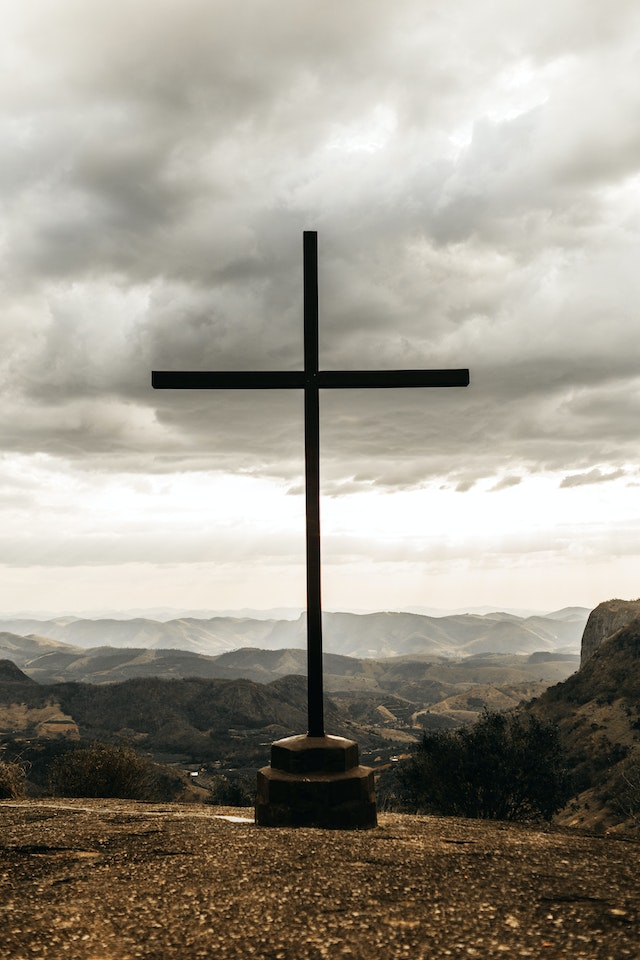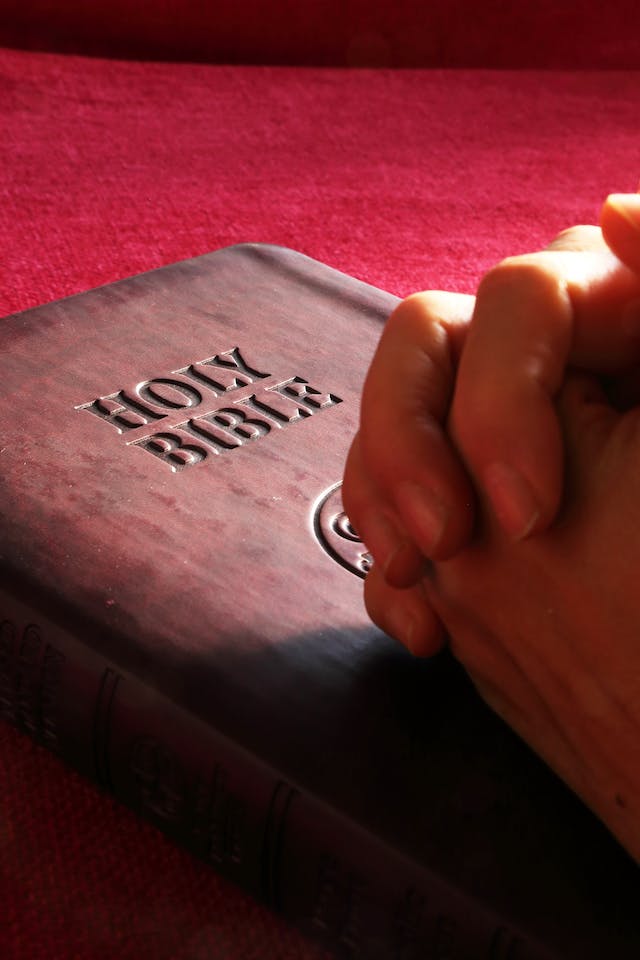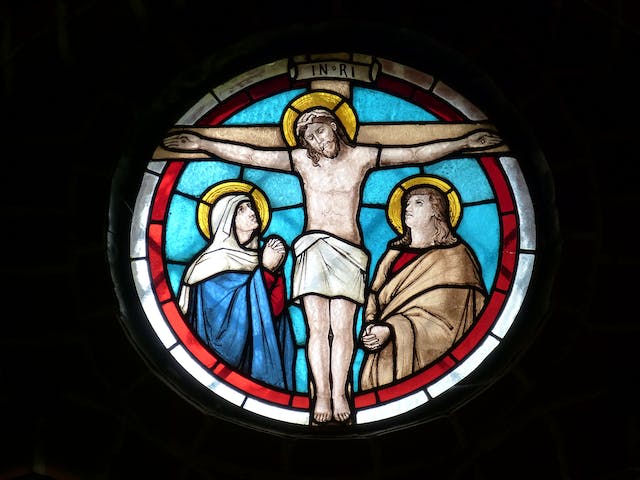The Significance of Good Friday
Learn MoreTHE SIGNIFICANCE OF GOOD FRIDAY
Learn MoreWhat is Good Friday really about?
While Easter is widely known, today we’re delving into the significance of the lesser-known holiday, Good Friday. Join us as we explore the meaning behind this day and how people celebrate it. We hope to not only inform you about Good Friday but also inspire you to intentionally celebrate its profound meaning on your own.
What is Good Friday?
Good Friday, observed on the Friday before Easter, is a time for contemplation on the sacrificial death of Jesus Christ on the cross. Good Friday is part of Holy Week, the week leading up to Easter Sunday. Other names for Good Friday include Holy Friday, Sorrowful Friday, Great Friday, or Sacred Friday. In 2024, Good Friday falls on Friday, March 29 and Easter falls on Sunday, March 31.
You might wonder why a day centered around Jesus nailed to the cross is called “Good.” For Christians, Jesus died to redeem and save all mankind. Jesus’ death is a powerful demonstration of God’s love – God sent Jesus to die in our place, opening the door to an eternal relationship with Him.
Romans 5:8 says, “But God shows his love for us in that while we were still sinners, Christ died for us.” Without sacrifice, we would be stuck in sin without hope. Good Friday sets the stage for celebrating Jesus’ resurrection on Easter Sunday, making it a crucial part of the Christian faith.

Join us this Easter
Join us Easter for an exciting and hopeful time of music and an inspiring message. Get details and what to expect below.


Should Christians Celebrate Good Friday?
Many churches worldwide, particularly within Christian and Catholic denominations, observe Good Friday. It’s worth noting that the Bible doesn’t explicitly direct believers to celebrate this day. God grants us the freedom to engage in religious holidays, including Good Friday. God gives us the freedom to take part in religious holidays like Good Friday. Instead, Scripture encourages us to remember Jesus’ death as we take Holy Communion, or the Lord’s Supper (Corinthians 11:24-26).
Whether you decide to participate in the tradition of Good Friday or not, the key is to consistently remind ourselves that Jesus Christ took on our sins so we can live in righteousness. Good Friday is a personal choice guided by faith and reflection rather than a strict biblical mandate.
How to Observe Good Friday
Traditionally, many churches that honor Good Friday choose to hold a more somber worship service. They sing songs that reflect on Jesus’ death, take Holy Communion, and study Scripture based on Jesus’ death. Some services even incorporate physical symbols like a cross raising, passion plays, or stations of the cross to highlight Jesus’ sacrifice.
Regardless of the specific elements, Good Friday is a day for worshippers to come together, humble themselves before God, and thank Jesus for paying the ultimate price for our sins.



Things To Do On Good Friday
Remember, God grants us the freedom to decide if and how we observe Good Friday. To help you intentionally reflect on Jesus’ death, here are some suggestions for Good Friday or any other day:
Wake up a little earlier to spend time alone with Jesus.
Begin your day with quiet time, prayer, and quiet reflection on the significance of Jesus’ sacrifice. Meditate on the depth of His love and the impact it has on your life.
Attend a Good Friday service at your local church.
Participate in a Good Friday service, where you can engage in worship, study Scripture centered around the crucifixion of Jesus, and join fellow believers in worship.
Write a letter to Jesus thanking Him for all He has done.
Express your gratitude and feelings through a heartfelt thank you letter to Jesus. Acknowledge the blessings, grace, and transformative power His sacrifice has brought into your life.
Share the story of Good Friday.
Take the opportunity to share the significance of Good Friday with friends, family, or colleagues. Try asking if they have Easter plans, and let the conversation naturally unfold, providing an opportunity to share the deeper meaning of this holiday.
Take the Lord’s Supper, confessing any sins or unforgiveness in your heart.
Taking the bread and cup, whether individually or within your local church, offers a tangible and symbolic reminder of Jesus’ forgiveness. Use this time to express gratitude, confess any sins, and seek forgiveness.
Read and meditate on relevant Scriptures.
Spend time in prayerful contemplation of Scriptures related to Jesus’ death, such as Mark 15:21-41 and Isaiah 53:1-12.
Create a visual representation of the Good Friday story.
Use art, drawings, or craft materials to create a visual representation of the Easter story. This hands-on activity can deepen your connection to the narrative and serve as a visual reminder of Jesus’ sacrifice.
Listen to worship music focused on Good Friday.
Create a playlist of worship songs that specifically address the themes of Good Friday, such as “Man of Sorrows” and “Jesus Paid it All.” Let the music guide your prayers as you reflect on the significance of the day.
However you choose to celebrate Good Friday, we invite you to spend Easter weekend with us at . Our doors are open, and we look forward to reflecting on the death and resurrection of Jesus together.